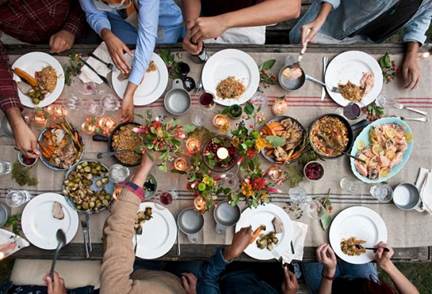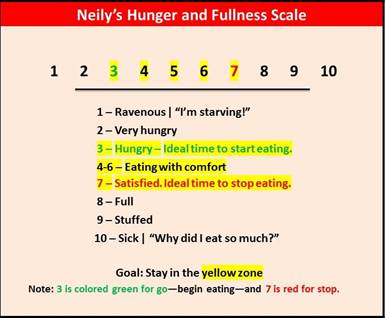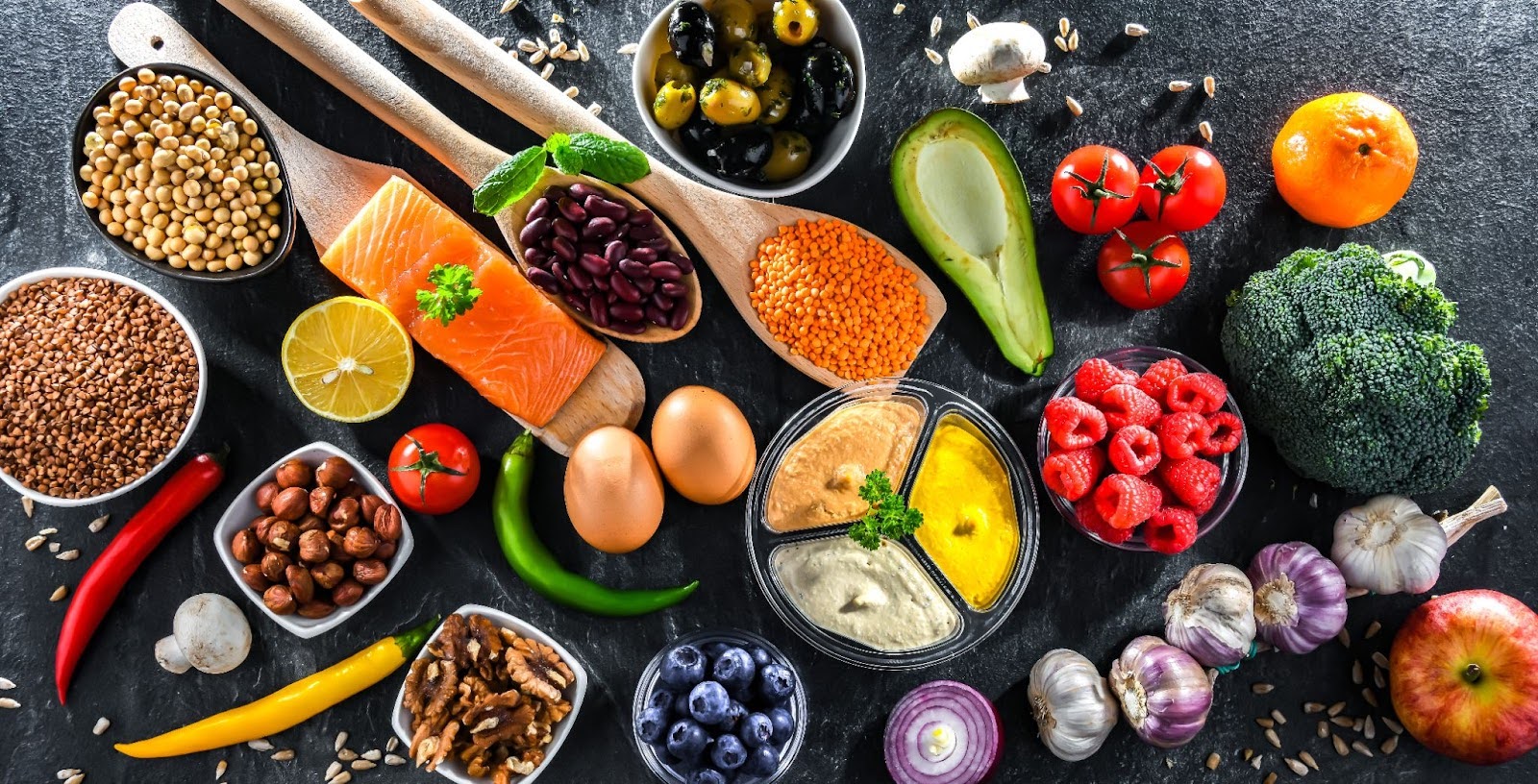
This month I would like to lend a hand with your holiday eating relationship (basically how to eat intuitively). This is a time to form a prevention plan and set solid intentions. Shall we?
Let’s go!

Ultimately, the overall objective would be to learn and practice how to avoid the all-or-nothing mindset with food during the holidays and beyond (did you get that? Your intuitive eating principles apply 365 days per year). There are three main principles for doing so:
- Permission to enjoy a variety of nourishing, satisfying, and traditional foods during the holidays
- Feeling your hunger and satiety signals and honoring them – and really tasting your food (as if it were the first time eating it)
- Assessing your needs and alternative strategies (other than using food) for stress and entertainment
Let’s elaborate:

- Unconditional permission to eat. If you have rules and judgments around food (good vs bad), it will likely hinder your innate ability to self-moderate food choices.
If you know that a diet, restriction, or deprivation is around the corner, it will influence how you behave around food. If January 1st is named the day you’ll start a diet, you’re going to throw all caution to the wind over the holidays. Might as well enjoy yourself before the suffering begins, right? SO DON’T MAKE PLANS TO DIET ON JANUARY 1st. If there is nothing else you take away from this article, take this in.
The good news is that you can enjoy satisfying foods any ol’ day of the year, so there is no need to get it all right now. Eating for the intent to feel satiated is your key, especially since overeating or under eating are not satisfying (more like distracting and uncomfortable).
For so long you’ve likely had a system of checks and balances. In other words, eating has been conditional. “I can eat that if I run an extra few miles tomorrow.”/ “I can have that but only on my cheat day.” / “If I eat that, I can’t eat later.” And so on.
It can feel really rebellious and wrong to allow yourself ice cream for no other reason than it’s a Wednesday afternoon and it sounds good. The worry is that once you do, you’ll lose control. However, controlling food is actually a false sense of control. The food is controlling you, not the other way around.
I do want to also mention that unconditional permission to say yes to food also means unconditional permission to say no. No “polite eating”! – even if it’s your Mom’s favorite meal to serve you and she claims she will be sad if you don’t eat it. It’s your responsibility to care for your body, and eating when you aren’t hungry for someone else is not body-honoring. You can be polite about it of course, or say “I would love to save this for later!”.

- Which brings us to another point – structure can help you feel a bit more in charge. Perhaps focusing on hunger and fullness levels will give you something to help guide eating patterns. That is not meant to become another rigid diet rule, but it can make the transition from all the rules to no rules much easier. Try to tune into your body and trust the structure and rhythm it already has. Our bodies are superb at self-moderating if we allow them to. Did you know food stops tasting and looking as good when we are close to full? There are hormonal reasons for that. Check out the hunger/satiety scale to gauge your body signals. Eating in the absence of physical hunger happens occasionally. No biggie. But in general, hunger makes food taste better. You get a lot more enjoyment out of food if you really need it. Also, if you don’t love it, don’t eat it, and if you do love it, savor it. Own your own choices.
I find it helpful to compare this to a work/life balance. If you were to work all the time, no matter how much you love your work, how would you feel? Likely burnt out, resentful, exhausted, and ready for an escape. If you were to play all the time, how would you feel? Likely ready for some productivity, organization, and a schedule. We all have experience with knowing what we need in that regard. It’s a natural ebb and flow, and if we are listening to and meeting our needs, we allow ourselves a balance of productivity and rest. We can do this with food too!

- Finally, I encourage you to find alternative coping strategies for stress and a variety of entertainment/bonding options other than using food. There’s nothing wrong with emotional eating (when it’s not your only coping strategy for dealing with difficult emotions). And there’s nothing wrong with bonding over delicious food. But you know when it owns you… so let’s try to be preventative. Do you need to set some boundaries with work or relationships? What about making sleep and exercise a priority? Would it help to make a master list of all you would like to accomplish in the next few months and allocate time accordingly, so you aren’t trying to do it all at once? (You don’t need to go to ALL the holiday parties and buy everyone a present) Do you need to set boundaries for thinking about or talking about food and weight with family and friends? (YES YOU DO). Putting some thought into this will pay dividends. Aim to be proactive and not reactive. Now think about special memories you wish to make that’s not revolving around food. What sounds meaningful to you?
I know that was a lot, but I am passionate about this topic. I also want to share with you the Intuitive Eater’s Holiday Bill of Rights written by the founder of Intuitive Eating, if you didn’t get much from the above.

Intuitive Eater’s Holiday Bill of Rights
by Evelyn Tribole, MS, RD
What if peace on earth could begin at the dinner table? Imagine experiencing an inner peace, free from incessant worry about what to eat. It’s hard to enjoy the holidays when you are preoccupied with eating or worried about what to say to relatives who have an annual tradition of telling you what and how to eat.
Consider your Intuitive Eating Bill of Rights, as we enter the holiday season, to help you foster inner peace with food, mind and body.
- You have the right to savor your meal, without cajoling or judgment, and without discussion of calories eaten or the amount of exercise needed to burn off said calories.
- You have the right to enjoy second servings without apology. Even if it’s not considered “healthy holiday eating.”
- You have the right to honor your fullness, even if that means saying “no thank you” to dessert or a second helping of food.
- It is not your responsibility to make someone happy by overeating, even if it took hours to prepare a specialty holiday dish.
- You have the right to say, “No thank you,” without explanation, when offered more food.
- You have the right to stick to your original answer of “no”, even if you are asked multiple times. Just calmly and politely repeat “No, thank you, really.”
- You have the right to eat pumpkin pie for breakfast.
Remember, no one, except for you, knows how you feel, both emotionally and physically. Only you can be the expert of your body, which requires inner attunement, rather than the external, well-meaning, suggestions from family.
Now get to planning your prevention plan for the holidays!
Miriam
Studio SWEAT Dietitian
Resources: Emily Fonnesbeck RD, CD and Evelyn Tribole, MS, RD Published at www.IntuitiveEating.org









Comments - 4